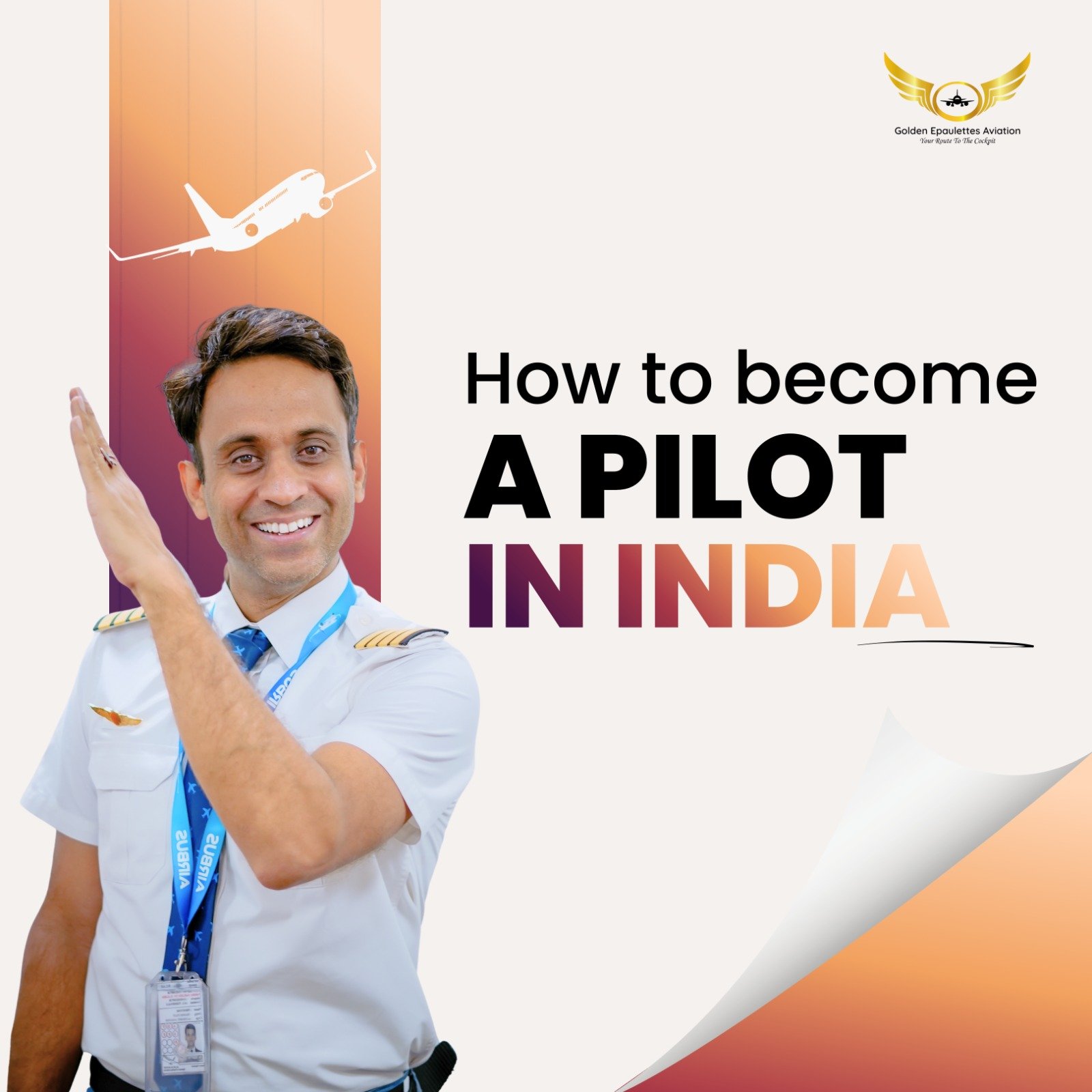Boeing 777 Pilot Challenges: Common Issues & Solutions
Content will be added soon
 Menu
Menu
Pilot Programs
Airline Pilots and the Boeing 777
Rohit
Author

Thank you! Our team will contact you shortly on WhatsApp.